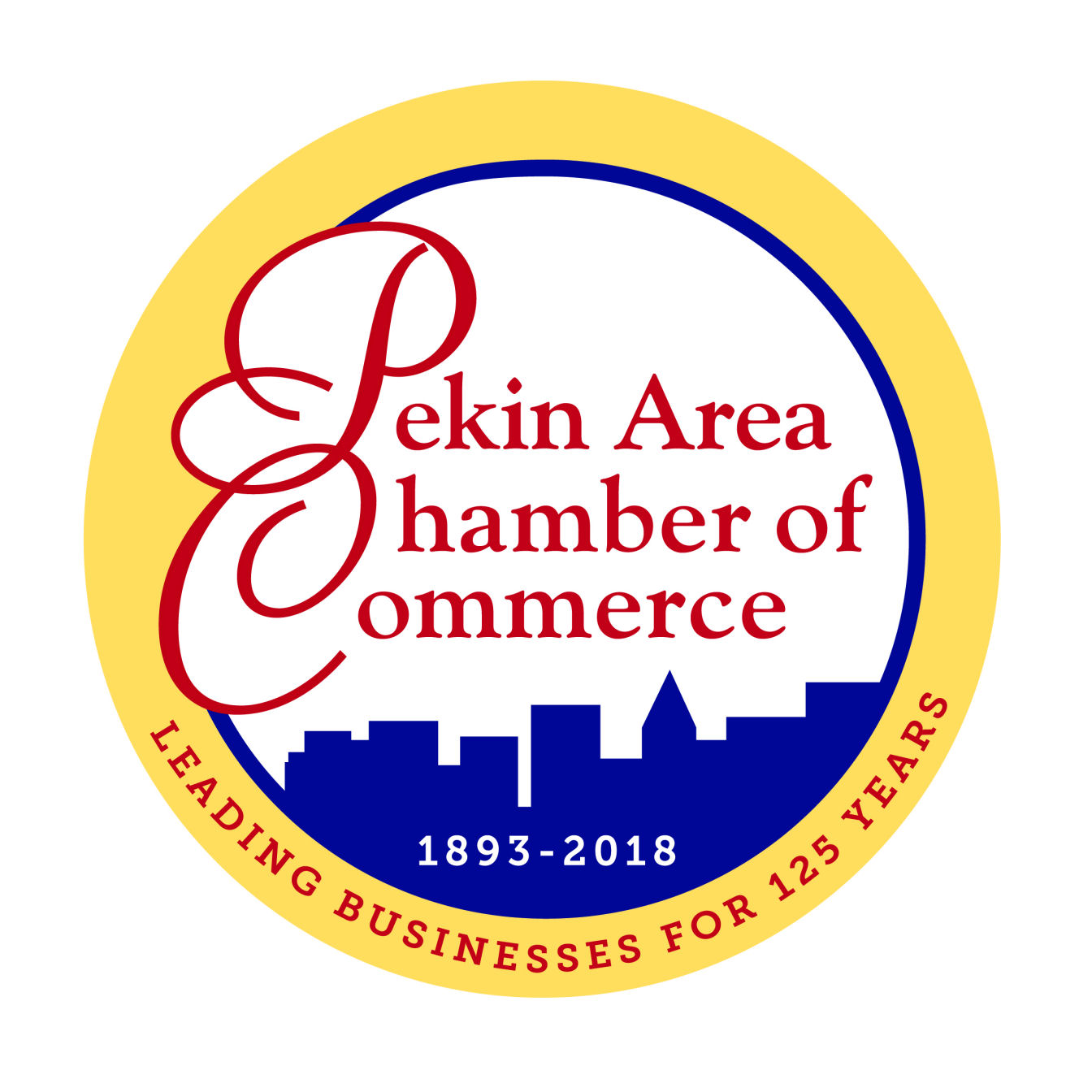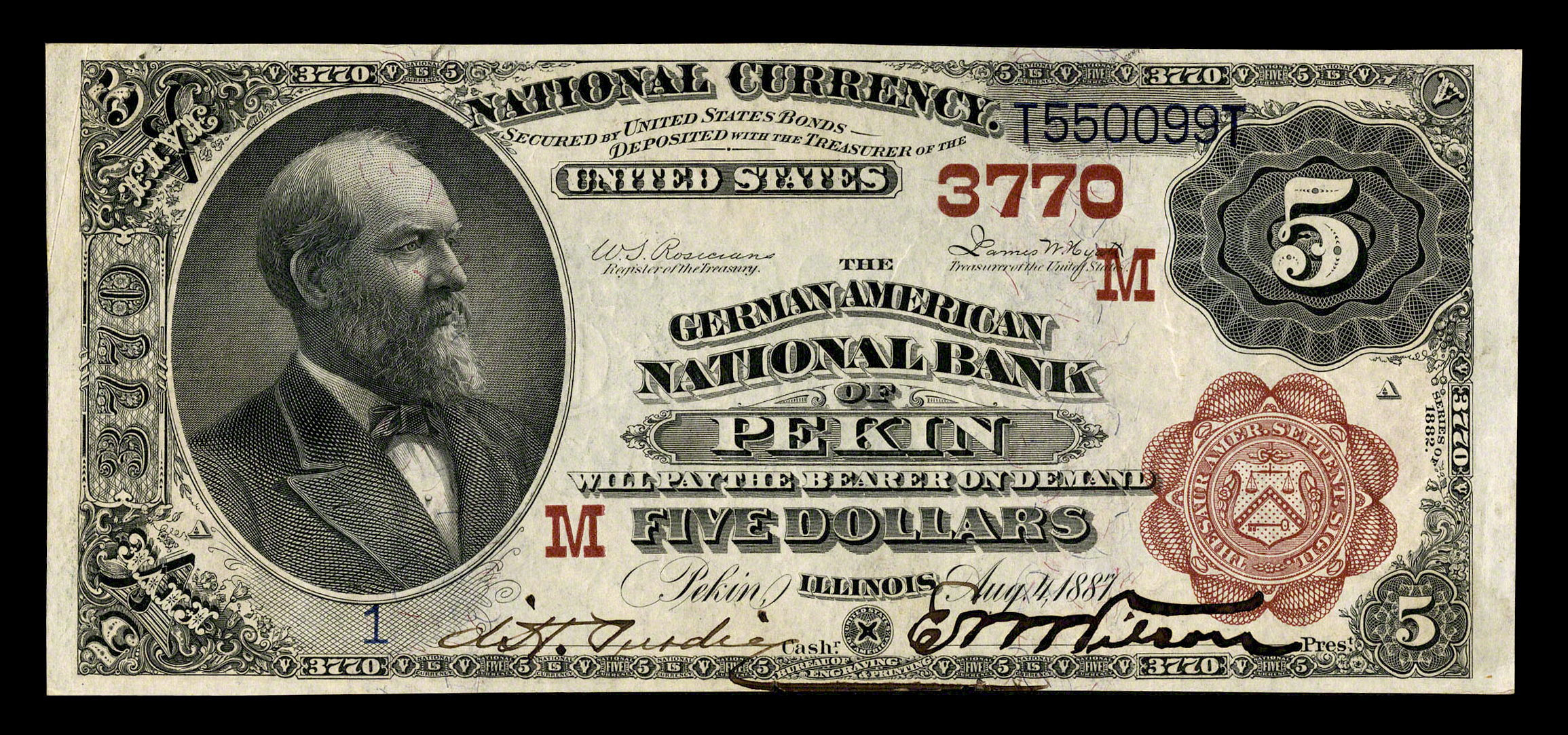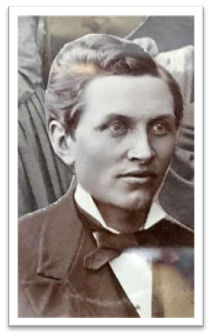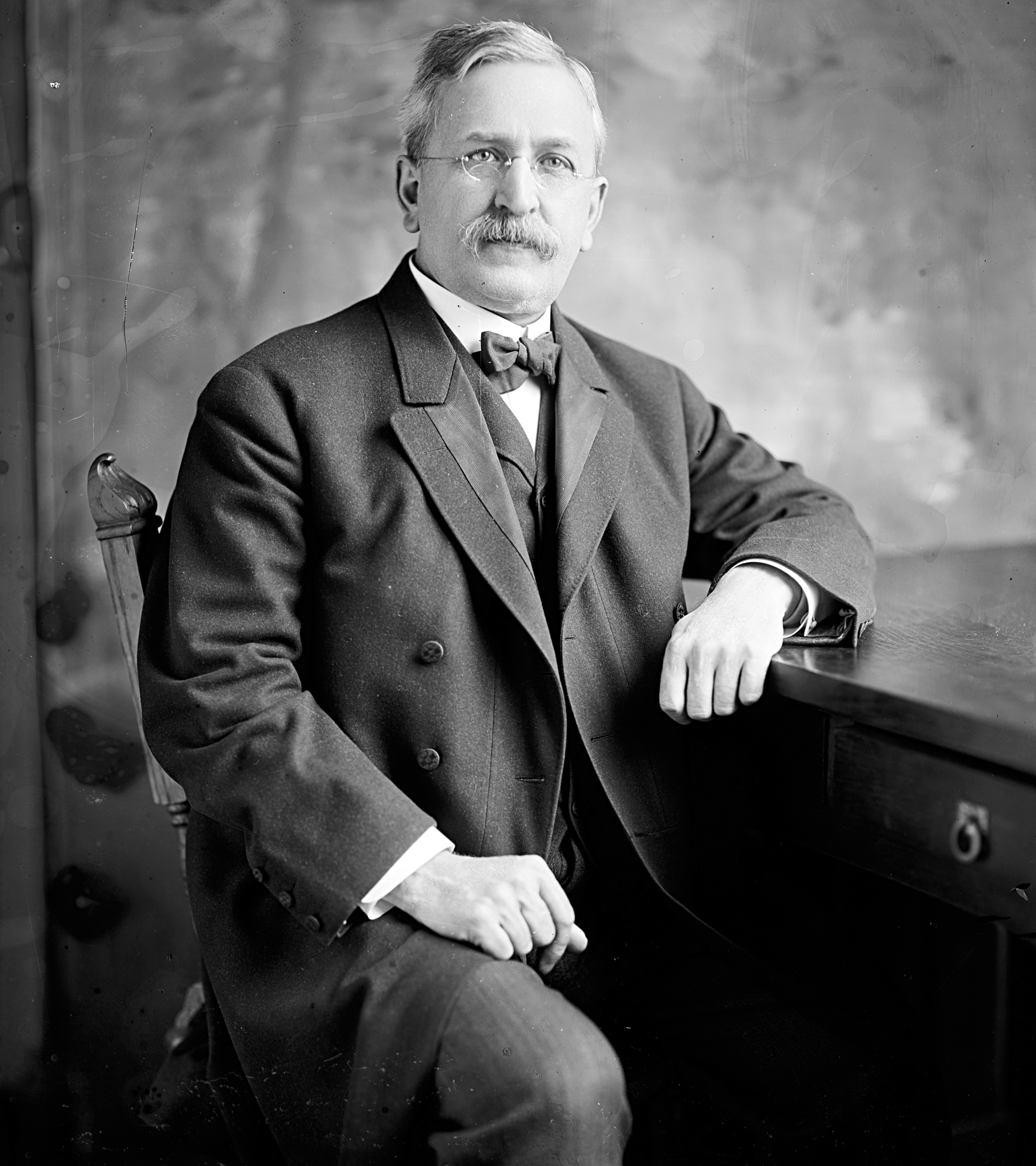PEKIN AREA chamber of commerce
 Our History
Our History
Leading Businesses for 125 Years
On October 6, 1893, a group of civic-minded businessmen filed articles of incorporation with the Secretary of State for the Citizen’s Improvement Association of Pekin. The organization was formed for the purpose of “advancing the business interest and promoting the commercial growth of the City of Pekin.”
The five businessmen who signed those articles of incorportion were:
Everett W. Wilson
Everett Woodruff Wilson was born in Peoria in 1861. His father, John Wilson, raised his family in Peoria. Sometime during the 1870’s he purchased the Hamburg Distillery in Pekin. In 1879 at the age of 18, Everett left Peoria to work as a bookkeeper in the Hamburg Distillery in Pekin. A year later, he was managing the whole operation.
In 1886 Everett’s father joined the Distillery and Cattle Feeders Trust. He shut down the Hamburg Distillery in return for shares in the Trust.
Temporarily out of a job, Everett kept busy. No doubt with the financial backing of his father, in 1887 he became a co-founder of the German American Bank and served as their president.

In 1891 the empty Hamburg Distillery was destroyed by fire. One year later a new distillery was erected on the site. Everett Wilson was one of the incorporators of the new company. The plant covered six acres and the distillery had a capacity of four thousand bushels of grain per day. It was chartered as the American Distilling Company and Everett Wilson became its first president.
In 1908, American Distilling absorbed a conglomerate of three other distilleries and continued to add whiskey-making capacity. The new distillery continued to prosper and allowed Everett to move his growing family into a newly constructed mansion on South Fifth Street in Pekin, described at the time as “one of the most beautiful in the city.” It is the house now occupied by Abts Mortuary.
During his life Everett Wilson was heavily involved in local politics. In 1886, at the age of 26, he was elected alderman of the First Ward of Pekin. He served until 1893 when he was elected mayor, a post he held for two years. A popular leader, he was elected Mayor again in 1899. He continued to be active in politics and in 1916 was a delegate to the Republican National Convention.
George Herget
George Herget was born May 9, 1833 in Germany. His father, Philip, was a wagon maker and farmer. George spent his boyhood in his native land, and learned the trade of a wagon maker. In 1852 he sailed from France to America. After landing in New York, he proceeded to Gettysburg, where he was employed as a wagon maker until the fall of 1853. Then coming West, via the Ohio and Mississippi rivers, he settled in Pekin, where he found employment in the T. & H. Smith carriage-works.
 In 1858 he started a retail grocery business. Two years later he was joined by his brother John, forming the partnership of J. & G. Herget. In 1870 they erected a store building at the corner of Court and Fourth Streets where they operated in the wholesale grocery and liquor trade.
In 1858 he started a retail grocery business. Two years later he was joined by his brother John, forming the partnership of J. & G. Herget. In 1870 they erected a store building at the corner of Court and Fourth Streets where they operated in the wholesale grocery and liquor trade.
In 1888 Mr. Herget assisted in the organization of the Pekin Stave and Manufacturing Company, and served as its president. In the fall of 1888, with other family interests he built the Star Distillery, in 1890 the Crescent Distillery, and, in 1892, the Globe Distillery, where he served as president. He was a major investor in the construction of the Illinois Sugar Refining Company. He was also heavily invested in the in the Globe Cattle Company, which annually fed from 6,000 to 7,000 head of cattle.
In 1893 he was also serving on the board of the Pekin Steam Cooperage Company and as President of the Pekin Electric Light & Power Company.
He was elected the first President of the Pekin Park District. He served on the City Council, the Board of Education, Pekin Township Board, and represented the city on the County Board of Supervisors.
One of the notable donations bestowed by Mr. Herget to the community was the presentation to the city of the land upon which the Carnegie Library Building was built.
He was one of the founders of the St. Paul's Evangelical Church. And, in 1905, along with his two sons, he founded the Herget and Sons Bank, which was chartered as the Herget National Bank in 1910.
Jesse B. Cooper
Jesse B. Cooper was born in Ohio in 1831. He moved to Washington, Illinois in 1851 where he was engaged in the manufacturing of bricks. He farmed in the Washington area from 1855 until 1867. That year he moved into the city, and opened a market where he was a successful retailer and was also engaged in shipping stock until 1872.
 In 1872 he was appointed Superintendent of the Tazewell County Poor Farm, which included 208 acres of timber, half of which Mr. Cooper cleared and then farmed.
In 1872 he was appointed Superintendent of the Tazewell County Poor Farm, which included 208 acres of timber, half of which Mr. Cooper cleared and then farmed.
In 1881 he was asked to continue in that position, but instead chose to move to Pekin and purchased a 75-acre farm located northeast of the present day 11th and Willow Streets. He planted small fruit trees, including plums and peaches. It was one of the largest fruit farms in the county. During the summer season he hired between 125 and 250 people to pick the small fruits. He continued in the nursery business until the spring of 1893, when he rented the property.
In 1885 Mr. Cooper was elected Pekin Township Supervisor and he was re-elected to that post in 1891. In in 1893 he was named the Overseer of the Poor of Pekin Township, and the Township Treasurer. He also served as a collection agent for the Internal Revenue Service.
Henry C. Block
Henry C. Block was born in Germany, in 1842. His forefathers on both the paternal and maternal sides were in the mercantile business for several generations. Henry’s father ran a small dry-goods and dyeing establishment, where his son learned the business at an early age. He was later employed as a clerk in two large dry-goods stores in Germany before sailing for America in 1865, at the age of 23. Landing in New York, he worked for a year in a dry-goods store in that city and in 1866 moved to Pekin.
 He first worked as a clerk in George Tom’s store, then a year later moved to Peoria where he worked at the Roebeck Dry Goods Company on Main Street. After a brief period, however, he returned to Pekin and began to work for Bonk & Company, a leading dry-goods merchant in Pekin. He soon worked his way up the ladder and was offered a partnership in the business. When Mr. Bonk died, the company was reorganized and the name was changed to Schipper & Block.
He first worked as a clerk in George Tom’s store, then a year later moved to Peoria where he worked at the Roebeck Dry Goods Company on Main Street. After a brief period, however, he returned to Pekin and began to work for Bonk & Company, a leading dry-goods merchant in Pekin. He soon worked his way up the ladder and was offered a partnership in the business. When Mr. Bonk died, the company was reorganized and the name was changed to Schipper & Block.
In 1880 Henry C. Block joined with his brother Frederick and Mr. Schipper and later they were joined by Theodore Kuhl in opening a store in Peoria. That store eventually became the largest dry goods store in the state, outside of Chicago.
At the time the Citizen’s Improvement Association of Pekin was formed Henry C. Block was listed as an officer of Schipper & Block, on the board of Teis Smith & Company, which was a bank at the corner of Court & Capitol, and Vice President of Pekin Milling. His residence was on the southeast corner of 4th and Charlotte.
Joseph V. Graff
Joseph Verdi Graff was born in Terre Haute, Indiana in 1854. He moved to Delavan, Illinois in 1873 working in mercantiles. He also studied law and was admitted to the bar in 1879. He continued to  practice law in Delavan, before moving to Nebraska in 1883. He moved back to Pekin two years later. In 1893 his office was on Elizabeth Street across from the Courthouse in the Marshall Building which is now occupied by Kuhfuss & Proehl.
practice law in Delavan, before moving to Nebraska in 1883. He moved back to Pekin two years later. In 1893 his office was on Elizabeth Street across from the Courthouse in the Marshall Building which is now occupied by Kuhfuss & Proehl.
Graff was elected as an inspector of the City of Pekin public schools in 1891 and served as president of the board of education. In 1894 he was elected to his first of 8 terms as a congressman.
He continued to practice law and was in engaged in banking in Peoria, where he had moved to 1899.
Special thanks to the Tazewell County Genealogical and Historical Society for their help in finding some of the above pictures.

















